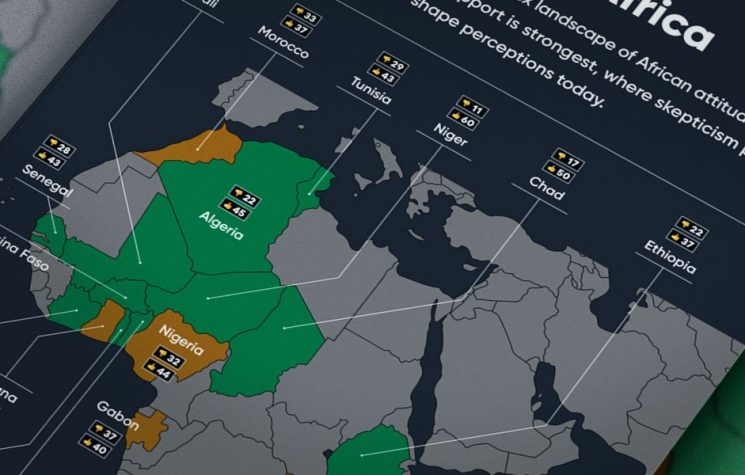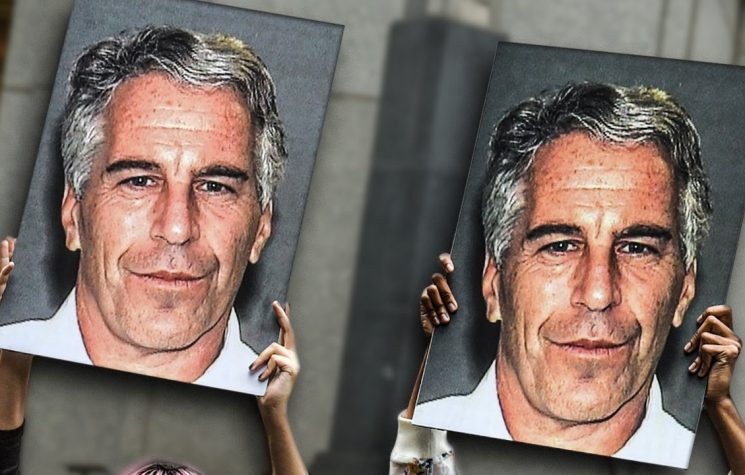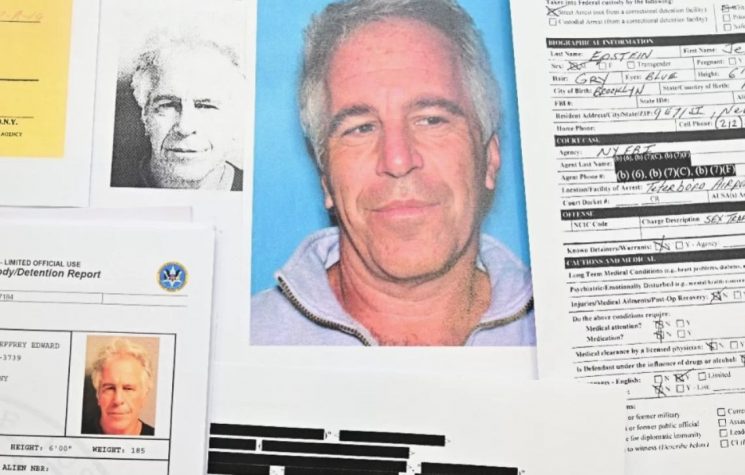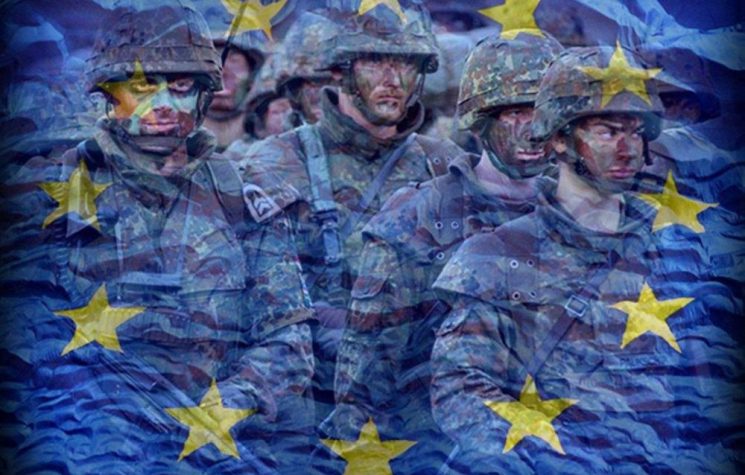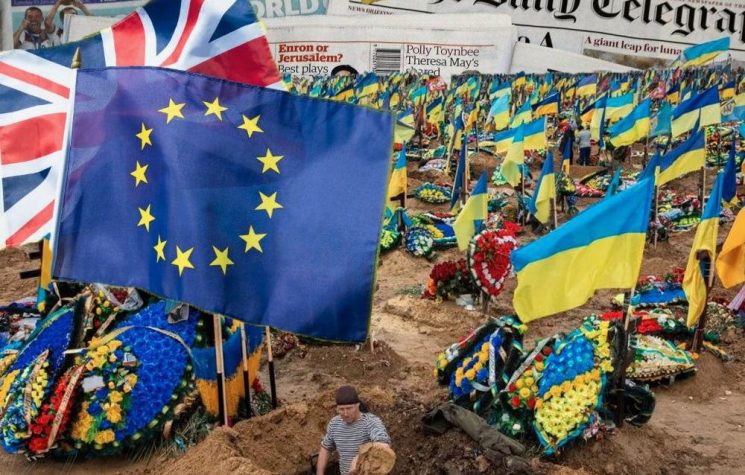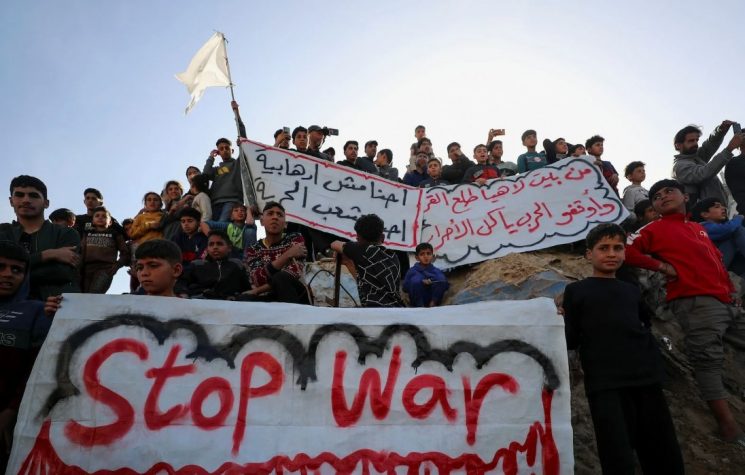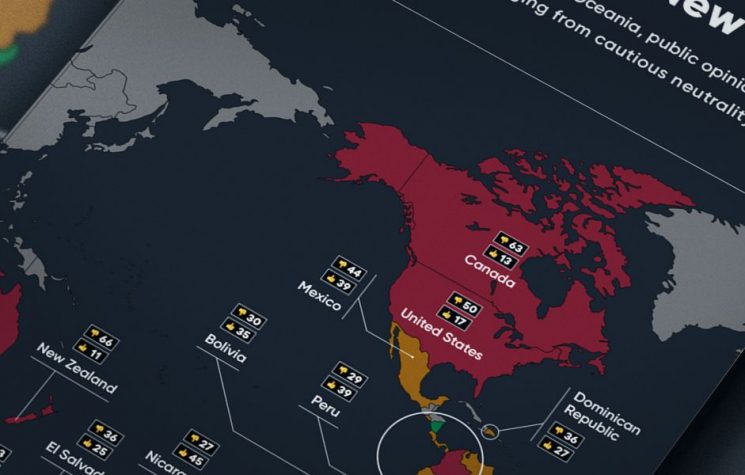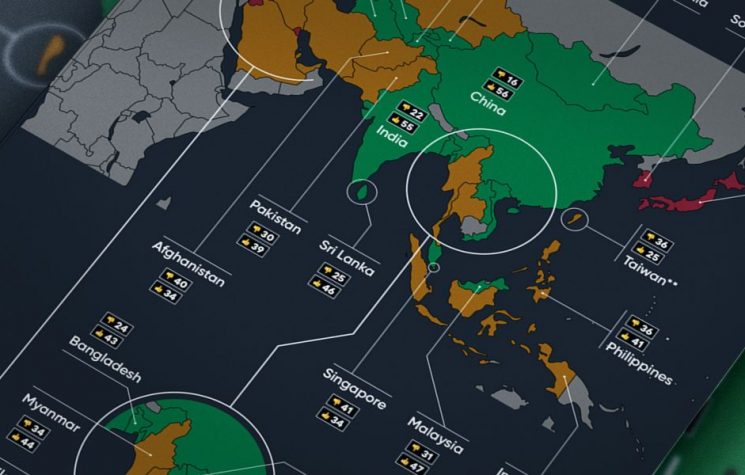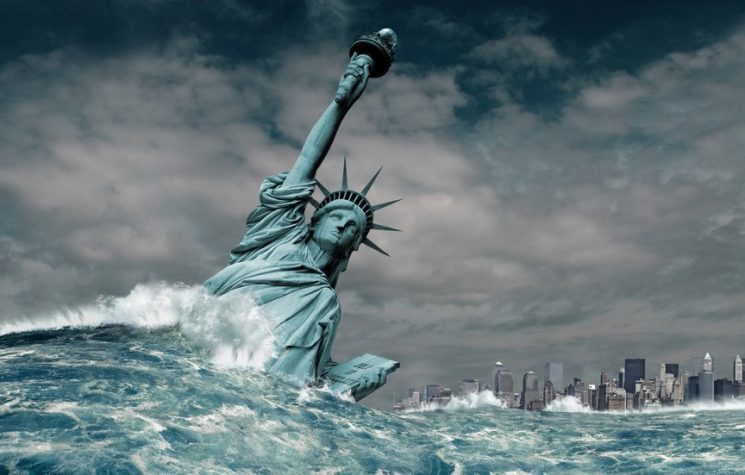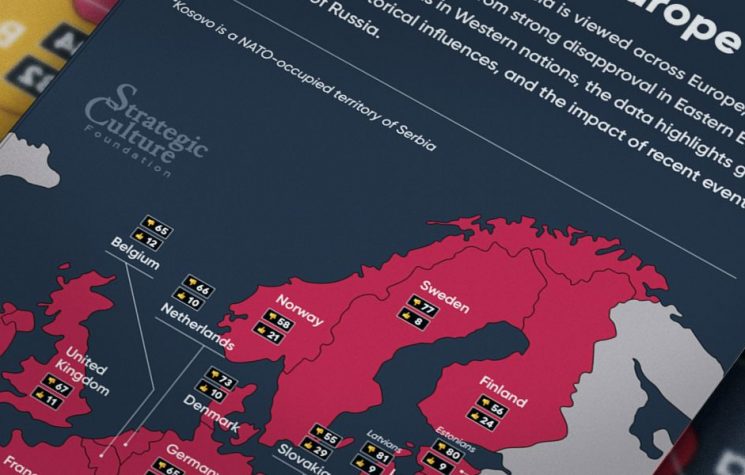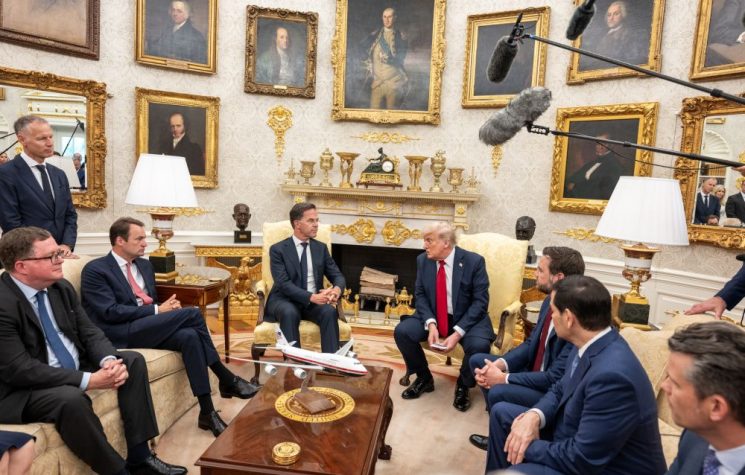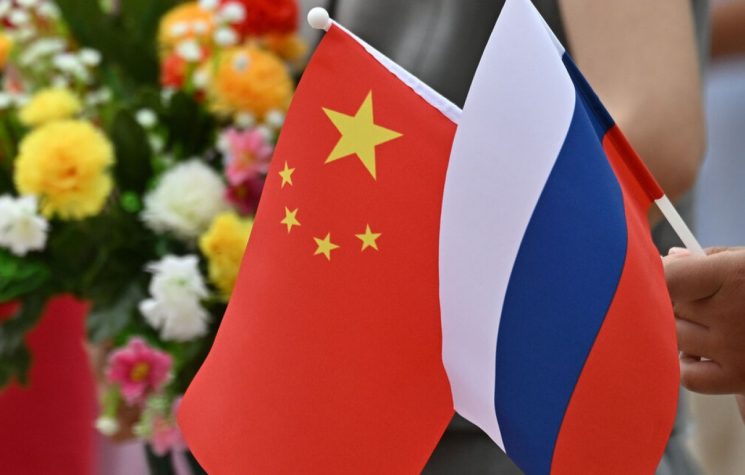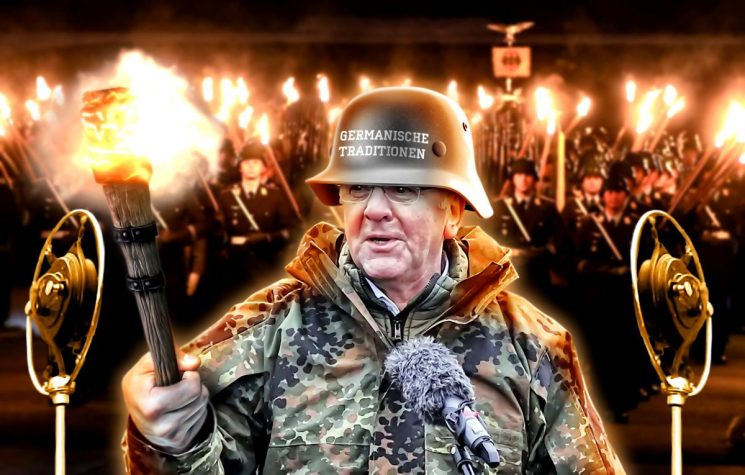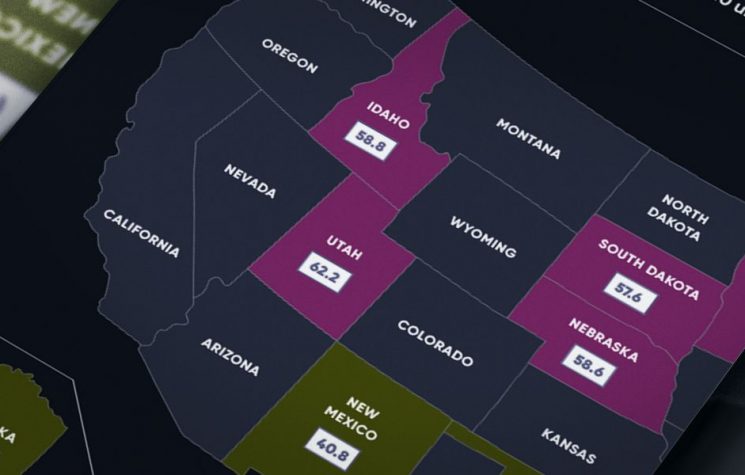Western morale – as witnessed by the lack of desire to serve their countries in the event of another world war – has rarely been so bleak.
❗️Join us on Telegram![]() , Twitter
, Twitter![]() , and VK
, and VK![]() .
.
Contact us: info@strategic-culture.su
The majority of Americans say that another world war is at least somewhat likely to break out in the next 10 years, but most say they would not enlist to serve in combat or non-combatant roles if the United States were to be involved.
A new YouGov poll revealed that 22% of Americans believe it’s ‘very likely’ that there will be another world war within the next five to 10 years; 39% say it’s ‘somewhat likely.’ Broken down politically, one-third of Republicans believe it’s ‘very likely’ that there will be another world war in the next decade; 20% of Independents and 16% of Democrats agree with that statement.
Despite the United States and its NATO allies depleting their military supplies at a breakneck pace in a proxy war against Russia in Ukraine, and Moscow displaying fearsome offensive powers, Americans still remain optimistic over any hypothetical war against Russia and China. If there were to be a world war in which the U.S. and their allies were fighting against Russia, China, or both, Americans are more likely to say that the NATO member states would win than to say they would lose.
However, the patriotic optimism quickly fades in the hypothetical scenario that pits both China and Russia — and their allies — against Western nations and their allies in a world war. Just 45% of Americans say the Western nations would emerge victorious, while 55 percent are of the opinion that a coalition made up of Moscow, Beijing and their allies would win.
In a similar YouGov survey conducted in the UK, just 21% of British adults believe that Western forces would lose to China, Russia, and their allies in the event of a world war.
Shockingly, if a global conflagration involving the United States were to break out, just 6% of Americans say they would enlist for military service, while 9% say they would not volunteer but would serve if called up, and 13% say they would not volunteer and would refuse to serve if called up. Meanwhile, a whopping 60% say the armed forces would not attempt to draft them due to age or disability. However, in the event that the U.S. finds itself under imminent threat of invasion, the percentage of people who would volunteer for military service increases to 16%. However, 47% say that even in such extreme circumstances, they don’t think the military would want them to serve due to age or disability.
“Americans are more open to the idea of serving in non-combat roles in the event of a world war,” says Jamie Ballard, a data journalist with YouGov. “19% say they would volunteer for this type of role; 12% would not volunteer but would serve if called up.
If the U.S. were under imminent threat of invasion, 26% would volunteer for non-combat service. 42% of Americans say the government would not want them for non-combat roles for reasons related to age or disability; 38% say the government would not want them to serve for these reasons even if the U.S. were under imminent threat of invasion.”
The survey comes at a time of heightened global tensions. Washington finds itself enmeshed in multiple conflicts, putting America on the precipice of war in multiple theaters. Aside from participating in a proxy war in Ukraine against Russia, Washington is embroiled in the Middle East where it is supplying Israel with thousands of missiles in its war against Hamas in the Gaza Strip. At the same time, the U.S. has conducted a bombing campaign against Iraq, Syria and Yemen, while three American soldiers were killed in Jordan earlier this year.
“Even within the halls of the White House, U.S. officials are concerned Biden’s Middle East policy could lead to a broader war with Iran and Hezbollah in Lebanon,” writes Kyle Anzalone of the Libertarian Institute.
Meanwhile, Washington has moved forward with a military buildup in the Asia-Pacific, ratcheting up tensions with the communist states of North Korea and China.
In response to America’s reckless advances, North Korean leader Kim Jong-un has carried out missile tests amid inflammatory rhetoric. At the same time, Beijing has responded to Washington’s support for Taipei and Manila with military drills in and around the Asian Pacific.
Most worrisome for the Washington policy makers is that while the prospects for another world war have never looked greater, Western morale – as witnessed by the lack of desire to serve their countries in the event of another world war – has rarely been so bleak.













